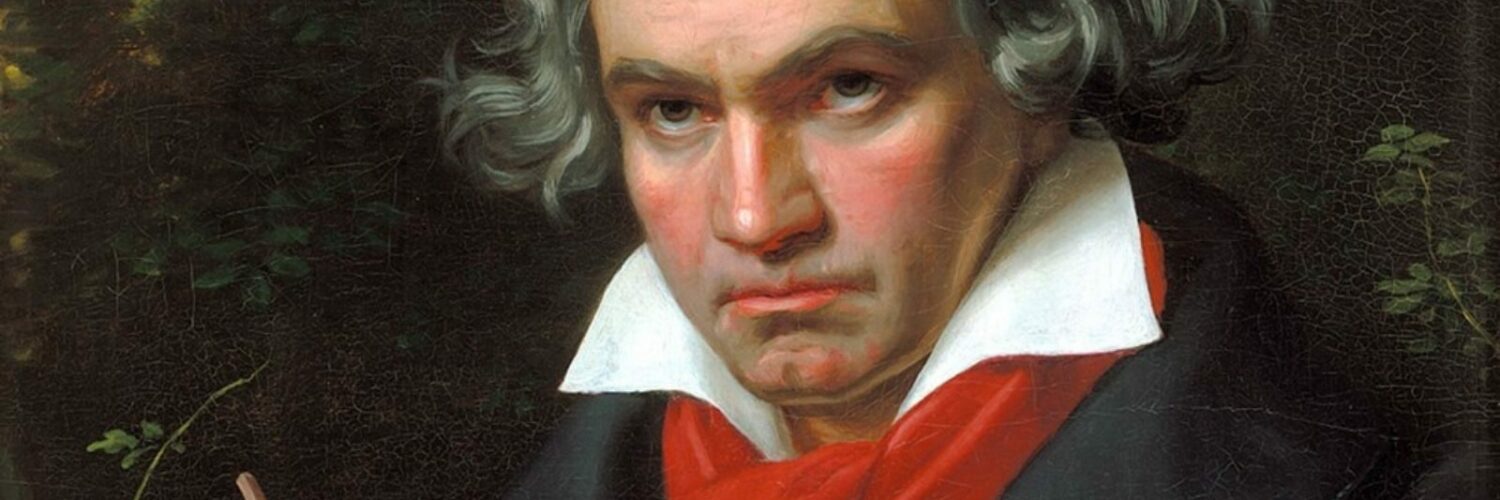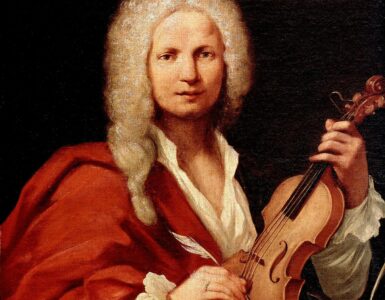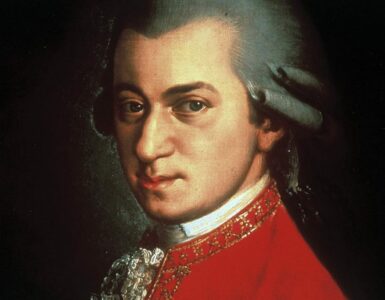One of the most influential and celebrated composers in Western music history is Ludwig van Beethoven. Born in Bonn, Germany, in 1770, Beethoven displayed his remarkable musical talent at an early age, eventually becoming one of the most pivotal figures in the transition between the Classical and Romantic eras. Over his lifetime, he composed an extraordinary range of works, including symphonies, concertos, string quartets, sonatas, and one opera. His music is renowned for its emotional depth, innovative structures, and complexity, continuing to resonate with audiences across the globe
In this article, we will delve into Beethoven’s life and career, highlighting his most famous compositions and their lasting influence on the world of classical music. We will also examine how Beethoven’s music remains relevant today and provide resources for those interested in exploring the genius of this legendary composer.
Early Life and Education
Ludwig van Beethoven was born into a family of musicians. His grandfather, also named Ludwig, was a respected musician at the court of the Elector of Cologne, and his father, Johann, was a court tenor. Johann recognized Ludwig’s musical abilities early on and began teaching him piano and violin at a young age. Determined to turn his son into a prodigy like Mozart, Johann’s strict and often harsh teaching methods placed intense pressure on the young Beethoven.
By the age of seven, Beethoven gave his first public performance, and as a teenager, he began studying with the composer Christian Gottlob Neefe, who introduced him to the works of Bach and other important composers. Neefe helped Beethoven publish his first compositions and encouraged him to pursue further studies in Vienna, the musical capital of Europe.
In 1792, Beethoven moved to Vienna to study under the famous composer Joseph Haydn. Although his time with Haydn was brief and their relationship somewhat strained, Beethoven quickly established himself as a virtuoso pianist and promising composer in the city.
Musical Career
Beethoven’s early career was marked by an impressive output of piano sonatas, chamber music, and symphonies that demonstrated both his classical training and his innovative spirit. His reputation as a composer and performer grew steadily, and he began to receive commissions from wealthy patrons. His early works, such as his first two symphonies and the “Pathetique” Sonata (1798), show clear classical influences, especially from Haydn and Mozart.
However, Beethoven’s music soon began to push the boundaries of classical forms and introduce a new level of emotional intensity. This is most evident in works like the “Eroica” Symphony (Symphony No. 3), completed in 1804. Originally dedicated to Napoleon Bonaparte, Beethoven removed the dedication after Napoleon declared himself emperor, but the symphony remains a bold statement of human struggle and heroism, marking the dawn of Beethoven’s middle period.
Despite increasing fame, Beethoven’s life took a tragic turn as he began to lose his hearing in his late twenties. By the time he completed his famous Fifth Symphony in 1808, Beethoven was profoundly deaf. Nevertheless, he continued composing, relying on his inner hearing and his understanding of musical theory.
Beethoven’s Symphonies
Beethoven’s symphonies are some of his most revered works, known for their groundbreaking structures, emotional depth, and technical complexity. His nine symphonies not only expanded the scale and ambition of the symphonic form but also revolutionized how audiences and composers approached music.
Symphony No. 5 in C minor, perhaps Beethoven’s most famous composition, opens with one of the most recognizable motifs in music history: the four-note “fate” motif. This symphony, composed between 1804 and 1808, is an exploration of struggle, victory, and triumph over adversity, reflecting Beethoven’s personal battle with his hearing loss.
Another of Beethoven’s monumental achievements is Symphony No. 9 in D minor, also known as the “Choral” Symphony. Premiered in 1824, this was Beethoven’s final symphony and remains one of the most celebrated pieces of music ever written. The symphony concludes with the “Ode to Joy,” a choral setting of Friedrich Schiller’s poem, symbolizing universal brotherhood and hope. The Ninth Symphony broke new ground by incorporating a full choir and soloists into the traditionally instrumental symphonic form.
Beethoven’s Piano Sonatas
Beethoven composed 32 piano sonatas, which are widely regarded as some of the most important works in the piano repertoire. These sonatas not only showcase his mastery of the instrument but also represent his evolution as a composer, from the classical style of his early works to the more experimental and emotional expression of his later pieces.
One of Beethoven’s most famous piano sonatas is the “Moonlight Sonata,” formally known as Piano Sonata No. 14 in C-sharp minor, Op. 27, No. 2. Written in 1801, this sonata is characterized by its hauntingly beautiful first movement, which contrasts with the energetic and intense final movement. The nickname “Moonlight” was given posthumously, inspired by the sonata’s dreamlike qualities.
Another notable work is the “Appassionata” Sonata (Piano Sonata No. 23 in F minor, Op. 57), composed in 1805. It is one of Beethoven’s most emotionally charged and technically demanding sonatas, known for its dramatic intensity and virtuosic passages. This sonata exemplifies Beethoven’s middle period, where he was exploring the limits of musical expression.
Personal Life and Legacy
Despite his public success, Beethoven’s personal life was often turbulent. He never married, though he fell in love several times. His passionate and often unreciprocated love affairs led to deep emotional struggles, which are believed to have influenced the dramatic qualities of his music. Additionally, Beethoven’s increasing deafness isolated him from society, leading him to become reclusive and irritable in his later years.
Beethoven passed away in Vienna in 1827 at the age of 56, leaving behind a legacy that would shape the future of music for generations. His funeral was attended by thousands of people, a testament to his immense impact on the musical world. Beethoven’s music has influenced countless composers, including Brahms, Wagner, and Mahler, and continues to inspire musicians and listeners today.
Beethoven’s Music Today
Although composed over 200 years ago, Beethoven’s music remains a cornerstone of classical repertoire. His works are performed in concert halls around the world and have become synonymous with the idea of artistic genius. The emotional power of his compositions, from the triumphant chords of the Fifth Symphony to the sublime beauty of the “Moonlight Sonata,” ensures that Beethoven’s music continues to captivate audiences across cultures and generations.
In popular culture, Beethoven’s music is frequently featured in films, television, and other media, underscoring dramatic moments or highlighting human achievement. His Ninth Symphony’s “Ode to Joy” has been adopted as a symbol of unity and peace, most notably as the anthem of the European Union.
For those interested in learning more about Beethoven, countless resources are available, including books, documentaries, and online courses. His music remains a subject of study for musicians and scholars, offering endless insights into the development of classical music and the art of composition.
Conclusion
Ludwig van Beethoven’s life and music represent the triumph of human creativity and resilience. Despite personal hardships, including his struggle with deafness, Beethoven composed some of the most iconic and influential works in the history of Western music. His contributions to symphonic, chamber, and piano music have left an indelible mark on classical music, and his works continue to be performed and cherished worldwide. Beethoven’s legacy as one of the greatest composers of all time remains undisputed, and his music serves as a timeless testament to the power of the human spirit.





Add comment